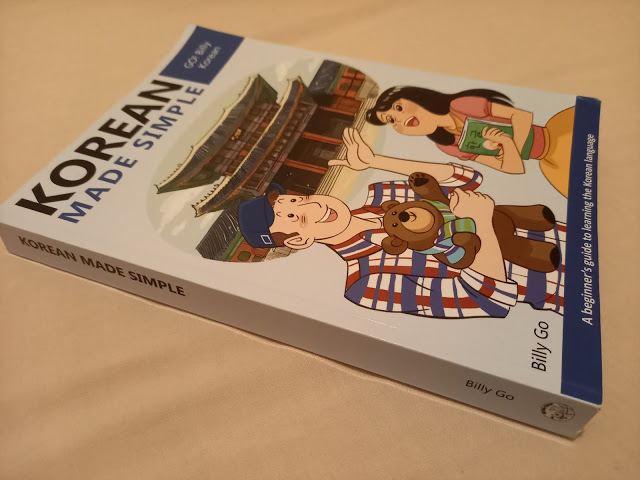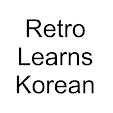Just in case you don't know by now. Billy Go is an American, Korean teacher who makes videos explaining grammar and sometimes various aspects of the Korean language through slightly comedic videos. For the past year he has regularly been streaming on Sunday's on various topics voted for by subscribers.
According to his website, he began learning in 2005 and has lived in Korea for multiple years and now visits there for a few months every year. He started his YouTube channel in 2012 and released Korean Made Simple 1 in 2014. It was then followed up with Korean Made Simple 2 in the same year and Korean Made Simple 3 a few years later in 2016.
He recently started a Beginner video course that is completely free on YouTube that is set to span 100 videos. Although personally I would recommend the books due to it being quicker to go through overall or possibly playing the videos at 2x speed.
I personally used all 3 Korean Made Simple books when I was starting out, so I will also share a few tips on how to use the books throughout the review. Hopefully this review can help you make an informed decision on whether or not you wish to purchase the books.
 |
| Korean Made Simple grammar book front cover |


